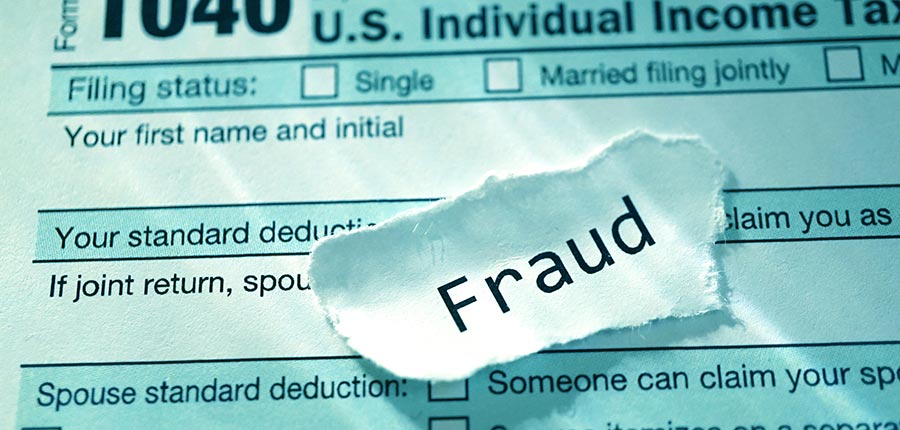Every year, tax scams have the potential to take billions of dollars out of taxpayers’ hands. According to the IRS Criminal Investigation fiscal year 2020 annual report, the agency performed 1,600 investigations and identified over $2.3 billion in tax fraud schemes. The IRS warns consumers against tax scams, as the victimization costs can add up quickly in a short amount of time. The IRS reports findings from the Treasury Inspector General for Tax Administration (TIGTA) that state that tax scams from October 2013 to October 2015 cost over $23 million for approximately 4,500 victims.
To protect yourself from being a tax crime victim, we recommend these four tips on how to avoid online tax scams.
1. Know What to Expect From the IRS
One common entry point for scammers is impersonating IRS officials by email. Scammers use emails to collect different types of information from victims, so you should note that the IRS will not do the following:
- Require immediate payment using a specific payment method such as a prepaid debit card, gift card, or wire transfer.
- Threaten to bring in local police, immigration officers, or other law-enforcement to have you arrested for not paying.
- Revoke your driver’s license, business license, or immigration status.
- Demand that you pay taxes without the opportunity to question or appeal the amount they say you owe.
2. Report Phishing and Unsolicited Emails
Receiving online tax scams in an email format is also known as phishing. Phishing scams often occur using unsolicited emails and/or websites that pose as legitimate sites such as the IRS. Typically, phishing attacks centered around online tax scams lure victims into providing personal and financial information.
If you receive an unsolicited email from someone claiming to be from the IRS and you are unsure if it is valid, you should contact the IRS first. This will ensure that you are not falling victim to a scam. Remember — do not reply until you receive a reply from the IRS. To verify if the email is from the IRS, contact them using their dedicated unsolicited email address: [email protected].
3. File Electronically Using Direct Deposit
According to the IRS, eight out of 20 taxpayers get their refunds by using direct deposit. Filing your taxes electronically using direct deposit can be a safeguard against tax scams. It protects you because direct deposit enables you to receive your tax refund as an electronic deposit into your checking or savings account.
4. Look for Common Indicators of Phishing
If you receive an email from someone claiming to be from the IRS, remember that phishing emails typically contain one or more of these components:
- Suspicious sender’s address
- Generic greetings and/or signature
- Spoofed hyperlinks and websites
- Poor grammar and spelling errors
- Suspicious attachments asking you to download or open an attachment
If you see any of these red flags, do not reply to the email and instead contact the IRS at [email protected].

